Cheeryblueheart - Life:To Loving & Living.

More Posts from Cheeryblueheart and Others
Languages of the world
Albanian (gjuha shqipe)
Basic facts
Number of native speakers: 7.5 million
Official language: Albania, Kosovo, Montenegro, North Macedonia
Minority language: Croatia, Italy, Romania, Serbia
Language of diaspora: Argentina, Australia, Belgium, Brazil, Canada, Denmark, France, Germany, Greece, New Zealand, Norway, Sweden, Turkey, United States
Script: Latin, 36 letters
Grammatical cases: 6
Linguistic typology: fusional, ergative, SVO
Language family: Indo-European
Number of dialects: 2 main dialects
History
1284 - first written mention of Albanian
1462 - oldest document
1555 - oldest known printed book
1635 - first Latin-Albanian dictionary
1909 - Albanian officially recognized
Albanian absorbed some words from Greek and many words from Latin between the 2nd century BCE and the 5th century CE. After that, it was influenced by the languages of Slavic and Germanic tribes who settled in the Balkans. There were also borrowings from the Vlachs from the 9th century CE.
Writing system and pronunciation
These are the letters that make up the alphabet: a b c ç d dh e ë f g gj h i j k l ll m n nj o p q r rr s sh t th u v x xh y z zh.
Grammar
Nouns have three genders (masculine, feminine, and neuter), two numbers (singular and plural), and six cases (nominative, genitive, dative, accusative, ablative, and vocative).
Adjectives generally follow the noun they modify and agree with it in gender, number and case. They require a particle preceding them that agrees with the noun they modify.
Verbs are conjugated for tense (21 in total), mood (indicative, subjunctive, admirative, conditional, optative, and imperative), person, and number.
Dialects
There are two main dialects: Tosk, the base for Standard Albanian, and Gheg. Gheg can be divided into Northwest, Northeast, Central, and Southern Gheg, while Tosk includes Northern Tosk, Labërisht, Çam, Arvanitika, and Arbëresh.
The dialects are more or less mutually intelligible. The most remarkable difference is that Gheg has nasal vowels.
Whooop! Lefties Rock! We are The coolest!
Any other left-handed Tumblr users out there?
Reblog so I can see how many of you are out there. :)
1st Samuel 5:1-5
Afilisiti nĩ matahire ithandũkũ rĩa mathani
Makĩrĩtwara hema-inĩ ciao
Makĩrĩiga kũrĩa ngai cia Ndagoni ciakomaga
Ngai cia Njagoni ciaunĩkangire icunjĩ
🎵🎵🎶
Nĩ mĩhianano ĩrĩkũ ĩngĩigananio nawe-Gũtirĩ-ĩ-ĩ
Ĩngĩigananio nawe ĩtiirie hinya waku
Ngai cia Ndagoni ciaunĩkangaga icunjĩ
hahahahahaha..omg i totally fell in lovve with this...society is so condescending! society is a bitch.

Before sin entered the world, what was Adam and Eve’s purpose? They had no one to pray for.. they had no sickness to combat.. they had no pain, no sorrow.. what did they talk to God about? What was their purpose.
This was presented to me the other day and I’ve been thinking on it a fair bit. If we took an evaluation of how we prayed/spent time with God.. would it look like the relationship Adam and Eve had before sin entered the world?
We are now dead to sin through Jesus and yet we go to God with our negativity and complaints. But what if we didn’t have those things to worry about? What would we talk to Him about?
This is a goal of mine.. to not just go to God with my problems.. but to go to Him as a friend.. a father and talk to Him about everything and nothing. Maybe even just continual thank Him for all He does for me. I just want a close connection with Him and I’m seeing that the way I’m living now.. is hindering me from it.
Sigh.
infp issue #166
i give myself less credit than i deserve
Everything God Created was Wonderfully Beautiful..Happy Sunday anyone who sees this.. :-P





photos by marina cano (previously featured) of a mother elephant using her trunk to rescue her one month old calf who, after taking a drink from a watering hole, became stuck in the mud and was unable to climb out.
the bond between a baby elephant and its mother has been described as the closest of any animal on earth. much like a human, a baby elephant is utterly dependent on its mother for the first two of three years of its life.
if the baby is female, she will typically remain together with her mother right into her own adulthood, and will likely never once be separate from her until the mother dies in old age. male elephants remain with their mothers until the age of sixteen (just about the age humans are ready to take off too).
(see also: elephants mourn the dead and other posts on elephant “humanity”)
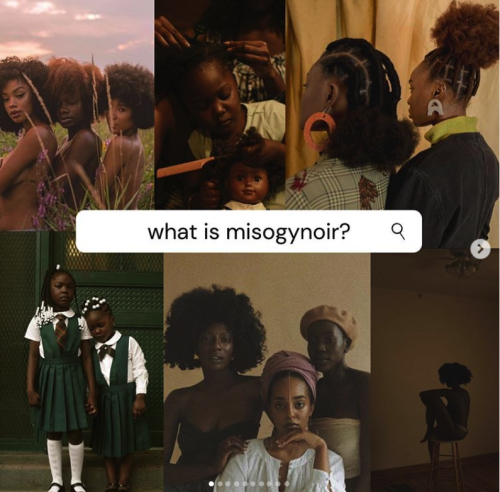
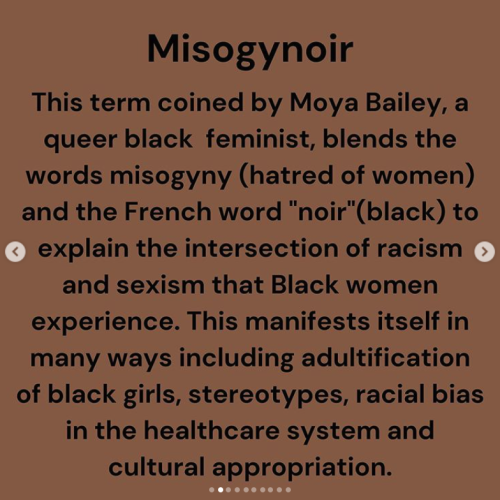
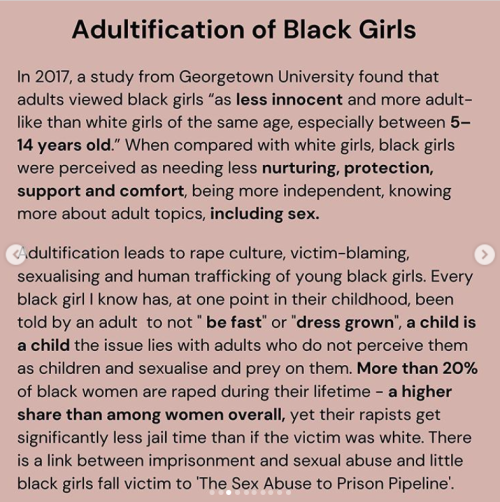
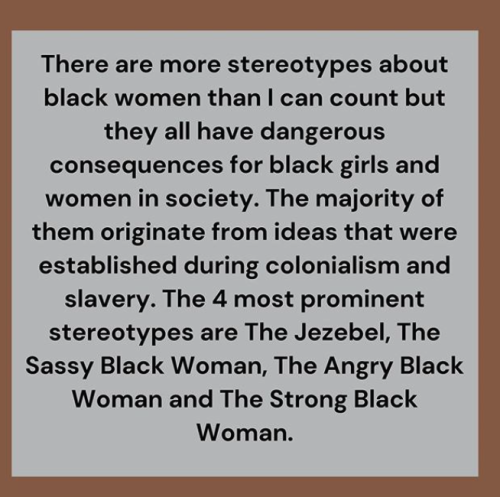
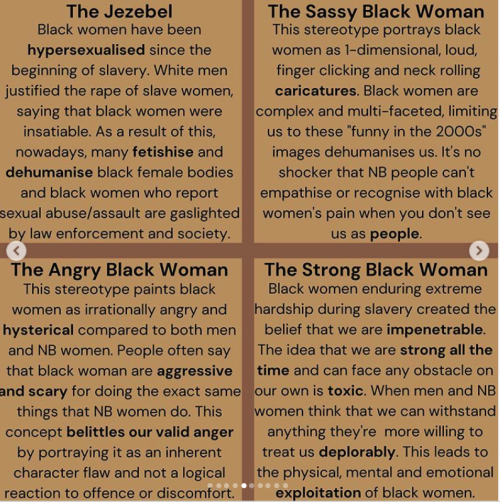
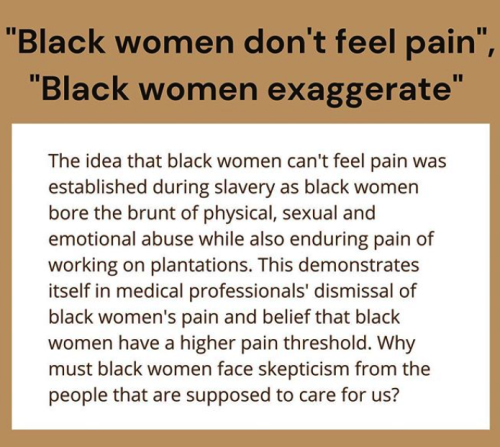


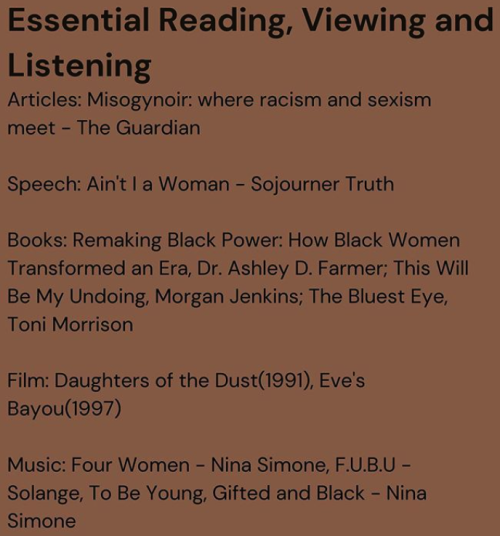
“The most disrespected person in America is the black woman. The most unprotected person in America is the black woman. The most neglected person in America is the black woman.”
-Malcolm X (1962)
(Originally found on insta from @ashleighchubbybunny)

Shunned at home, ‘Tortoise-man’ bags award for his act of kindness
By WANJIRU MACHARIA
Every day for the past 57 years, Mzee Job Tarkwen Kipkech, has diligently carried out his self-allocated task of helping tortoises cross the Mogotio-Marigat road.
And though the act of kindness never drew any appreciation from any quarters in his village, he was never perturbed and was always at hand daily to ensure one of the world’s slowest creatures made it across the road safely.
Kipkech, 73, a resident of Kures village in Mogotio, Baringo County says that instead of appreciating his acts, locals often questioned why he wasting time on the reptiles instead of performing more rewarding domestic chores.
“They would stare at me as I rescue the animals. Some rude motorists also ignore my pleadings and at times almost knock me down as I wave them down to allow the tortoises to cross the road,” he said in an interview with Nation.
That was until two years ago when one of the leading TV stations in the country noticed him and ran a story on his conservationist efforts.
Nothing happened immediately afterwards but last Wednesday, a call he never expected came. The caller informed him he has been named the over-all winner of the Jubilee Insurance Samaritan Award (JISA).
“I now believe that no prophet is honoured in his own hometown. It took people so many miles away, and not known to me to recognise by actions,” says the old man with a smile.
The father of five quickly adds that although he is happy somebody somewhere had recognised him, that did not mark the end of his rescue mission for the tortoises that are a common sight in the area.
“I do not do this to receive praises from people but it is uplifting to know that someone appreciates what you do,” he adds. But just how did the call to be the saviour for the tortoises come to be? Mzee Kipkech says he was herding his goats along the busy road at the youthful age of 20, when he noticed with pity, how the tortoises endangered their lives, ambling across the road, every move a close shave with death.
“All that this animal can do when it senses danger is recoil back into its shell and freeze but that is not enough to save it from being crashed by the vehicles,” he says.
This vulnerability touched him and he has since not stopped to pick up the reptiles and run with them to safety across the road. Alternatively, he waves approaching vehicles down to prevent them hurting the reptiles.
Mogotio is home to all the three types of tortoises in Kenya including the endangered Pancake species.
But Mzee Kipkech’s kindness does not end with helping the reptiles to cross the road. He often carries the injured ones home and tends to them as they heal. He also sprays them with acaricides to rid them of bothersome ticks.
And the reptiles seem to have detected his kindness as they keep turning up in his compound and have even turned his farm into a breeding ground.
The old man has appealed to Kenya Wildlife Service to build a water pan on his land to avoid subjecting the reptiles to the treacherous journey for water across the road.
source

-
 sleepydreameroncloud9 liked this · 1 week ago
sleepydreameroncloud9 liked this · 1 week ago -
 patheticisms-and-pathologies liked this · 2 weeks ago
patheticisms-and-pathologies liked this · 2 weeks ago -
 youloveme-xoxo liked this · 3 weeks ago
youloveme-xoxo liked this · 3 weeks ago -
 jazzybuttafly liked this · 3 weeks ago
jazzybuttafly liked this · 3 weeks ago -
 calmthisminddown liked this · 1 month ago
calmthisminddown liked this · 1 month ago -
 scrumptiouslydistinguishedlady liked this · 2 months ago
scrumptiouslydistinguishedlady liked this · 2 months ago -
 purplemccns reblogged this · 2 months ago
purplemccns reblogged this · 2 months ago -
 hopeless-for-love reblogged this · 3 months ago
hopeless-for-love reblogged this · 3 months ago -
 got-2-thumbs-and-loves-cheese reblogged this · 3 months ago
got-2-thumbs-and-loves-cheese reblogged this · 3 months ago -
 xo-kmur reblogged this · 3 months ago
xo-kmur reblogged this · 3 months ago -
 theblueingreen liked this · 4 months ago
theblueingreen liked this · 4 months ago -
 ny-moodboard liked this · 6 months ago
ny-moodboard liked this · 6 months ago -
 antisocialprincess liked this · 6 months ago
antisocialprincess liked this · 6 months ago -
 antisocialprincess reblogged this · 6 months ago
antisocialprincess reblogged this · 6 months ago -
 ibsrabbit reblogged this · 7 months ago
ibsrabbit reblogged this · 7 months ago -
 manafractal liked this · 7 months ago
manafractal liked this · 7 months ago -
 destructionofamind reblogged this · 7 months ago
destructionofamind reblogged this · 7 months ago -
 i-betcha-itwasthusdaay liked this · 7 months ago
i-betcha-itwasthusdaay liked this · 7 months ago -
 awesomealienworld82 reblogged this · 7 months ago
awesomealienworld82 reblogged this · 7 months ago -
 awesomealienworld82 liked this · 7 months ago
awesomealienworld82 liked this · 7 months ago -
 carefortheearth reblogged this · 7 months ago
carefortheearth reblogged this · 7 months ago -
 carefortheearth liked this · 7 months ago
carefortheearth liked this · 7 months ago -
 xo-kmur reblogged this · 7 months ago
xo-kmur reblogged this · 7 months ago -
 hecrtcheswrites liked this · 8 months ago
hecrtcheswrites liked this · 8 months ago -
 monaslefteyebrow liked this · 9 months ago
monaslefteyebrow liked this · 9 months ago -
 donttouchme567 liked this · 11 months ago
donttouchme567 liked this · 11 months ago -
 worthlessed reblogged this · 1 year ago
worthlessed reblogged this · 1 year ago -
 wildlyfreegalaxy liked this · 1 year ago
wildlyfreegalaxy liked this · 1 year ago -
 cheechmccxx liked this · 1 year ago
cheechmccxx liked this · 1 year ago -
 hey-rigby reblogged this · 1 year ago
hey-rigby reblogged this · 1 year ago -
 melbatoast207 liked this · 1 year ago
melbatoast207 liked this · 1 year ago -
 crsnt liked this · 1 year ago
crsnt liked this · 1 year ago -
 darknedwhite reblogged this · 1 year ago
darknedwhite reblogged this · 1 year ago -
 sweetsmithy reblogged this · 1 year ago
sweetsmithy reblogged this · 1 year ago -
 xtrain reblogged this · 1 year ago
xtrain reblogged this · 1 year ago -
 blazwura liked this · 1 year ago
blazwura liked this · 1 year ago -
 darkenlust liked this · 1 year ago
darkenlust liked this · 1 year ago -
 omgherbalicious reblogged this · 1 year ago
omgherbalicious reblogged this · 1 year ago -
 omgherbalicious liked this · 1 year ago
omgherbalicious liked this · 1 year ago -
 what3v3ronly reblogged this · 1 year ago
what3v3ronly reblogged this · 1 year ago -
 hy-xl reblogged this · 1 year ago
hy-xl reblogged this · 1 year ago -
 jaycb-912 liked this · 1 year ago
jaycb-912 liked this · 1 year ago -
 yooneundal liked this · 1 year ago
yooneundal liked this · 1 year ago -
 centraluk reblogged this · 1 year ago
centraluk reblogged this · 1 year ago